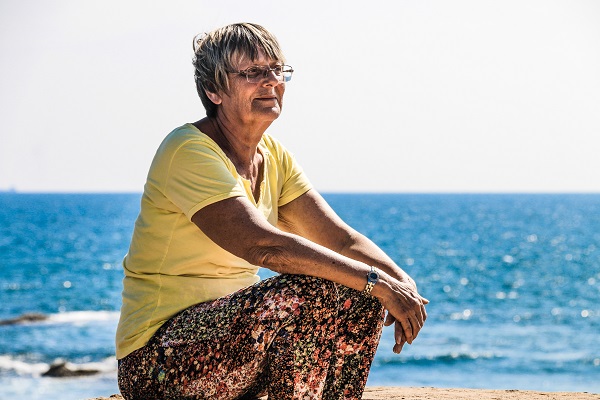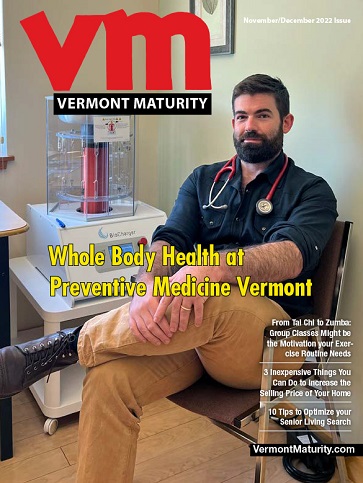
In my last article, ‘Bad Is Stronger Than Good,’ we explored the negative bias of the human mind. Negative events and experiences in our life assume a more prominent place in our mind than do positive experiences. We quoted Rick Hanson, SF Bay Area Psychologist who said: “our minds act like Velcro for negative experiences and like Teflon for positive ones.”
This reality can have a strong impact on mature adults. Chronic health conditions and the loss of close friends are just two examples of how seniors are primed to focus on negative factors in our life. It seems natural to start believing that our fate is determined by forces beyond our control.
In that column, we made several suggestions about what adults can do to counter this reality and promised to examine an important opportunity in our next column – which we now offer for your edification.
Almost all of us have been to an art museum and most of us have been drawn to museums for a special exhibit featuring art of a particular period or a featured artist – like Picasso’s Blue Period or his Cubist works. Special exhibits are organized by curators who devote careful study to the period or the artist in focus. Curators target art works that are especially good expressions of the artist’s talent and then contact other museums who own the work to arrange a loan for the host’s exhibit. Curators will often record a narrated tour of the exhibit in order to explain the importance of individual pieces to museum visitors.
Truth is we are all curators. We collect memories and scenes from our life and ‘display’ them in galleries inside our head. Problems abound however with our personal curatorial strategies. For starters, we rarely, if ever, have a deliberate plan for which memories to feature. Further, our curator skills typically operate ‘backstage,’ in a part of our mind that evades conscious scrutiny. Consequently, we are especially vulnerable to the influences we examined in our ‘Bad Is Stronger Than Good’ article. As a result, our mental gallery often highlights moments of painful interactions, missed opportunities and embarrassing events.
Unfortunately, we have no training as a curator, and we lack a strategy for what to exhibit. We live in our personal museum that typically features scenes which fail to portray our best qualities, our achievements, and our personal strengths. People struggling with depression are highly skilled at selecting scenes that characterize their failures.
Each of us can improve our curatorial skills. First, take an inventory of what scenes get displayed most frequently in your mental gallery. What is the ratio of positive to critical portrayals? Which scenes get the prime placement on the gallery wall? Which events are portrayed in the 12’ by 15’ frames in the center of the room?
We need to highlight our moments of relationship success and achievements in prominent position in our personal gallery. We do not propose or recommend that all scenes of difficult moments get relegated to the storeroom. They deserve some wall space, but we need to ask what that event or relationship taught us. Did we acquire any wisdom from those painful portrayals?
It is likely that newly hired curators may need to spend some time sketching or painting life highlights. These deserve prime positioning throughout the gallery. Well trained curators have strong self-compassion skills. This video may be helpful in strengthening those skills.
In an earlier article, we addressed the issue of locus of control, better known in the public forum as personal agency. Developing curatorial skills represents an excellent example of skill acquisition that helps consolidate an internal locus of control – taking charge of our personal destiny.
Richard Houston holds a Doctorate in Education and was licensed by the Massachusetts Board of Psychology. He is a graduate of Brown University. He has conducted research on the psychological dimensions of healthy lifestyle behaviors and has had long term consulting relationships with several continuing care retirement communities. You can visit his websites at Resilience-Advocate.com and Senior-Pych.com.
Related Articles & Free Vermont Maturity Magazine Subscription

Generativity Helps us to Nurture Younger Generations
Manage the Meaning of Exercise for Increased Success
The Importance of Engaging in Creative Activities after Retirement





Comment here